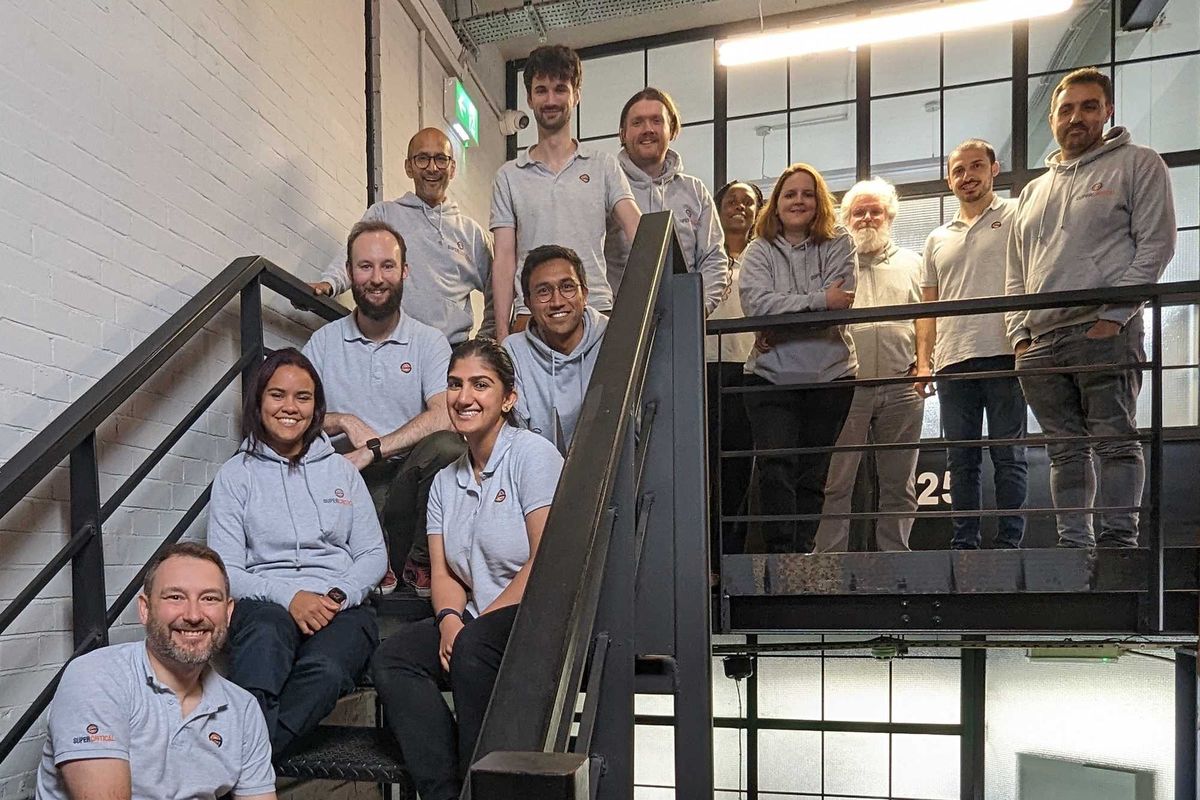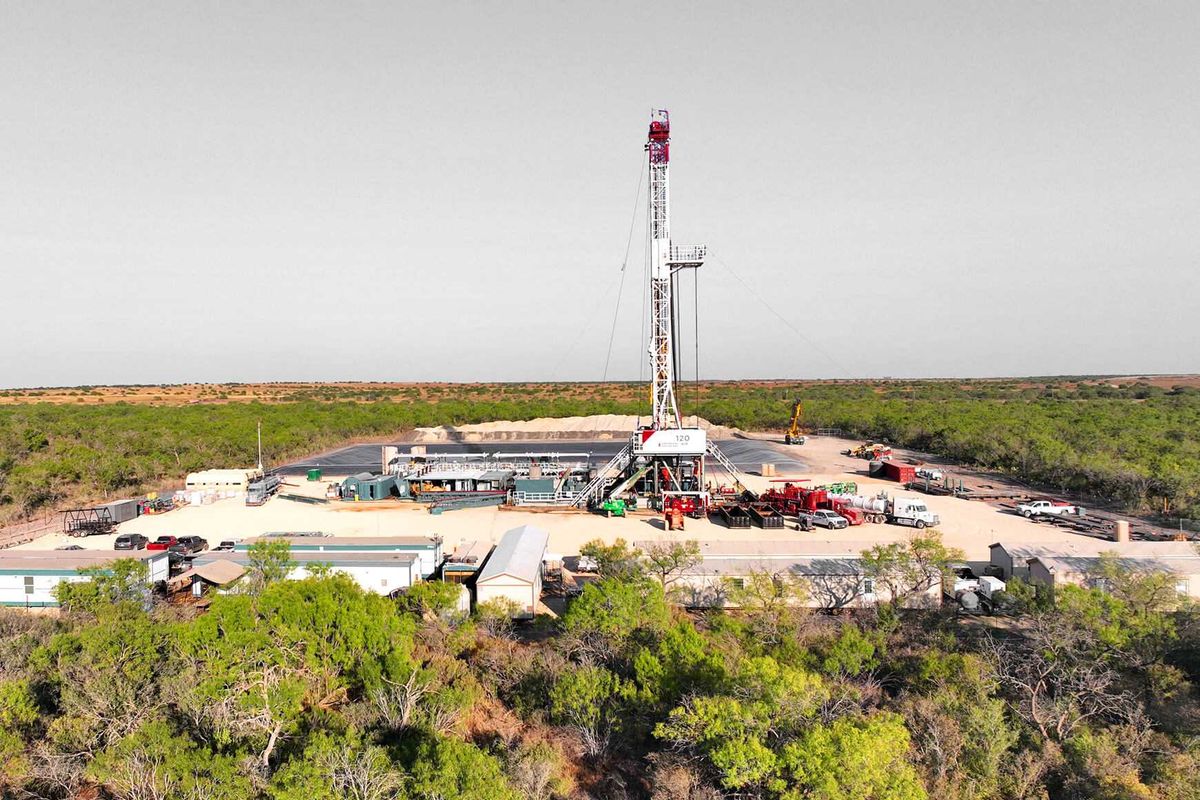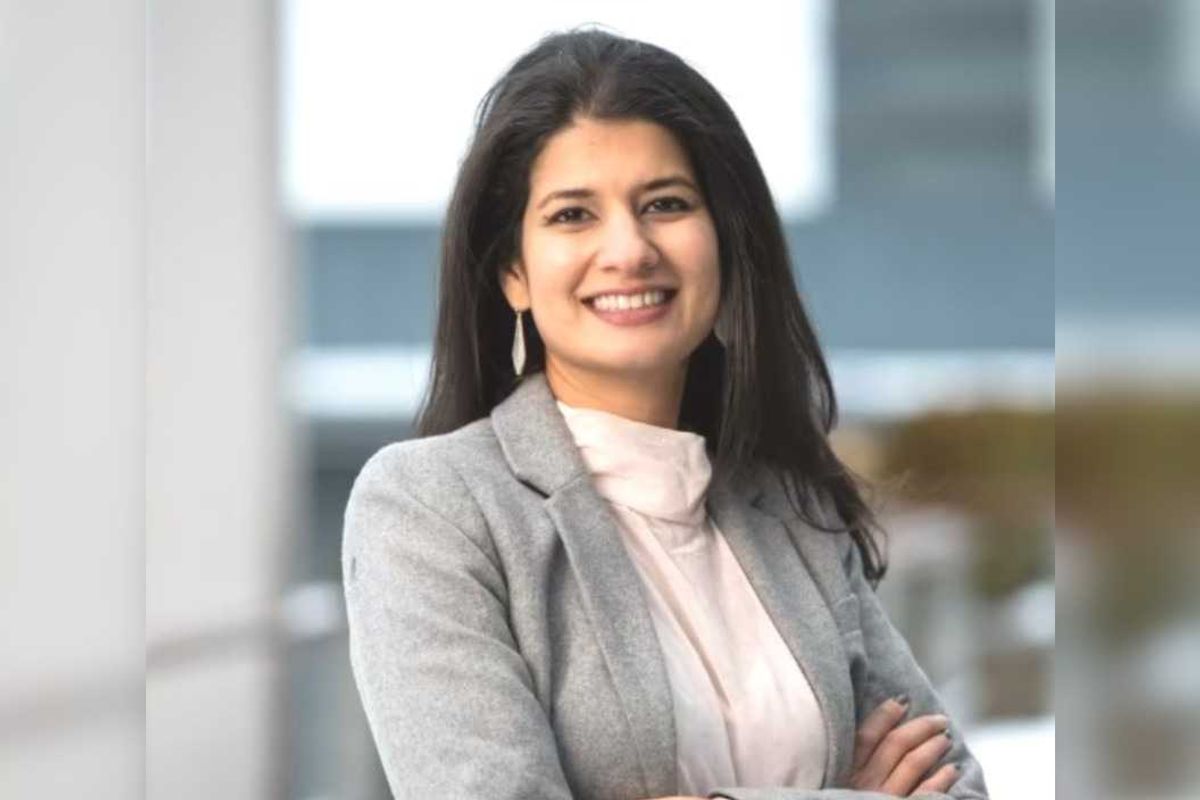Weatherford partners with Abu Dhabi-based AI company to boost efficiency
eyes on ai
Houston-headquartered oilfield service company Weatherford International announced a strategic Memorandum of Understanding (MOU) with AIQ, an Abu Dhabi-based artificial intelligence company, to develop innovative solutions for the energy sector.
"We are excited to partner with AIQ to bring innovative, AI-driven solutions to the oil and gas industry,” Girish Saligram, president and CEO of Weatherford, said in a news release. “This strategic partnership allows us to deliver cutting-edge technologies that empower our customers to maximize their operational efficiency, enhance automation, and reduce costs. By combining our strengths, we are leading the way in helping operators modernize their workflows and achieve greater success in today's rapidly evolving energy landscape.”
The collaboration aims to use Weatherford's software and hardware solutions with AIQ's AI-driven systems. Weatherford and AIQ hope this union will significantly enhance operational efficiency across global oil and gas facilities, help operators to optimize their production workflows and reduce downtime.
The companies have developed the new Modern Edge Integration, which will combine AIQ's AI technology with Weatherford's Modern Edge program. It will enable operators to scale their work processes.
In addition, Weatherford's Universal Normalizer will work with AIQ's capabilities to combine operational and financial analysis. Customers will also now be able to procure software needs via a comprehensive industrial SaaS platform with the WFRD Software Launchpad, which can eliminate the issues associated with managing multiple systems and vendors, and provide a single point of access for all Weatherford and partner-built applications.
"This partnership marks another step in AIQ's mission to build partnerships that accelerate the deployment of impactful AI systems across the energy value chain,” Magzhan Kenesbai, Acting Managing Director of AIQ, said in a news release. “By integrating our advanced AI-driven tools with Weatherford's energy-specific technology, we are driving greater efficiencies to the industry through the development of scalable, automated applications. Together, we are set to empower operators to optimize their workflows, reduce downtime, and achieve unparalleled operational excellence.”
- Chevron and partners to develop innovative power plants to support AI-focused data centers ›
- Reshaping the Texas grid: The impact of EVs, AI, renewables, and extreme weather ›
- Houston joint venture secures $5.2M for AI-powered methane tracking tech ›
- Houston energy-focused AI platform raises $5M in Mercury-led seed round ›










